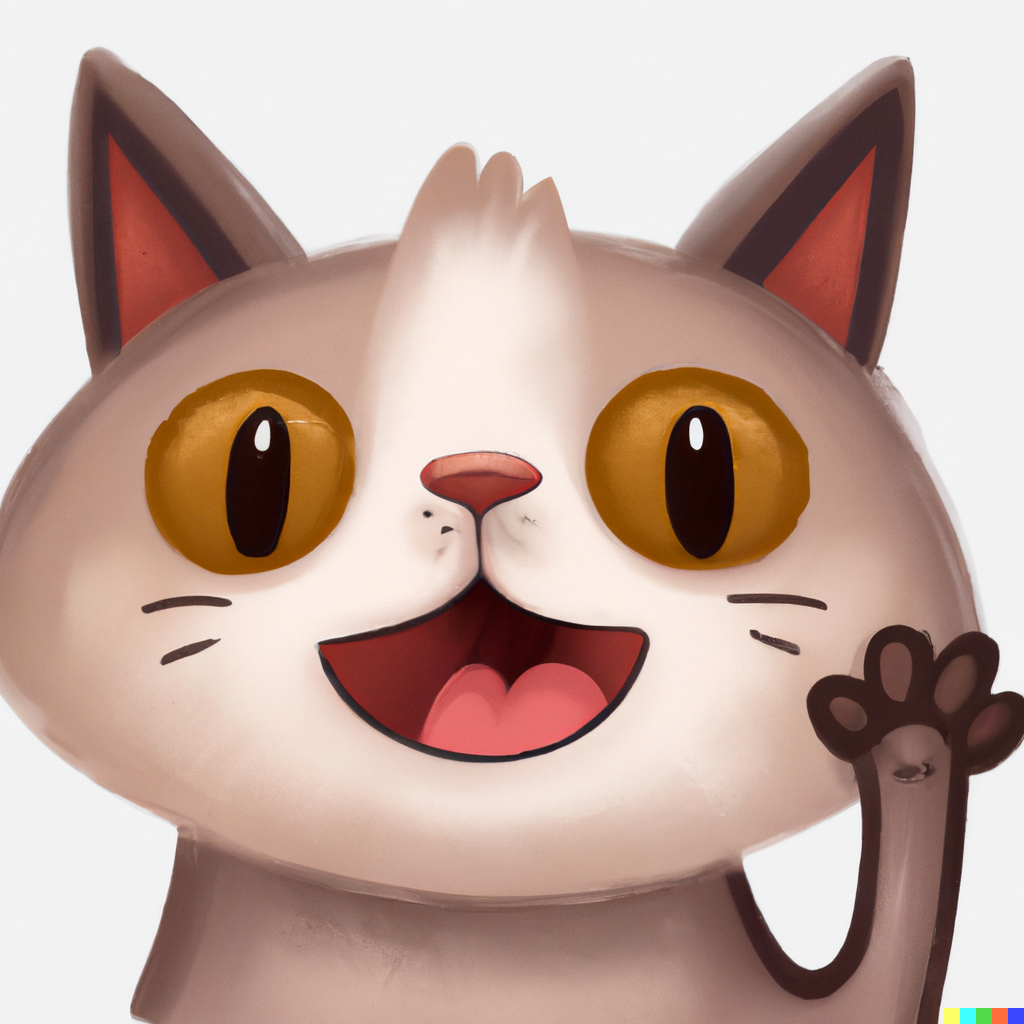Understanding Greetings in Ireland: Etiquettes, Meanings, Occasions, Dos, and Don'ts
When visiting Ireland, it's important to familiarize yourself with the local greeting customs and etiquette. Whether you're meeting friends, colleagues, or strangers, using the appropriate greetings can help establish a positive connection. In this blog post, we'll explore some common greeting words in Ireland, their English pronunciation (if applicable), meanings, and when to use them. We'll also discuss the dos and don'ts of greeting in Ireland to ensure you make a good impression.

Ireland: An Introduction
Ireland, also known as the Emerald Isle, is a stunning island located in North-West Europe. It is known for its rich cultural heritage, friendly people, and beautiful landscapes. The Irish are known for their warm hospitality and love for the spoken word. Greetings play an important role in Irish culture, reflecting the country's values of friendliness and respect.
Greeting Phrases
| Greeting Word | Pronunciation | Meaning | Occasion of Use |
|---|---|---|---|
| Dia duit | DEE-a ditch | Hello | Formal greeting, similar to 'good day' |
| Slán | SLAWN | Goodbye | Used when parting ways |
| Céad míle fáilte | Kayd MEE-luh FALL-cha | A hundred thousand welcomes | Welcoming guests or visitors |
| Beannachtaí | BAN-ukh-tee | Blessings/Greetings | Used on special occasions or holidays |
| Conas atá tú? | KON-us a-TAW too | How are you? | Casual greeting to inquire about someone's well-being |
| Go raibh maith agat | Guh REV ma ah-gut | Thank you | Expressing gratitude |
| Sláinte | SLAWN-cha | Cheers/Good health | Used when making a toast |
| Le dea-ghuí | Leh JAY-gwee | With good wishes | Used to sign off formal letters or emails |
Dos and Don'ts of Greeting in Ireland
To ensure you greet others in Ireland appropriately, here are some dos and don'ts to keep in mind:
Dos:
- Do greet people with a smile and make eye contact.
- Do shake hands when meeting someone for the first time or in a formal setting.
- Do use appropriate greetings based on the time of day (e.g., 'Dia duit' in the morning, 'Conas atá tú?' throughout the day).
Don'ts
- Don't use overly familiar or slang greetings unless you have a close relationship with the person.
- Don't be surprised by a casual and friendly demeanor, as it is common in Irish culture.
- Don't rush greetings or ignore proper introductions, as they are considered impolite.
Conclusion
By understanding and following the dos and don'ts of greeting in Ireland, you can navigate social interactions with ease and show respect for the local culture. Remember to greet others warmly, use appropriate greetings for different occasions, and always be polite and attentive. Enjoy your time in Ireland and embrace the warm Irish hospitality!